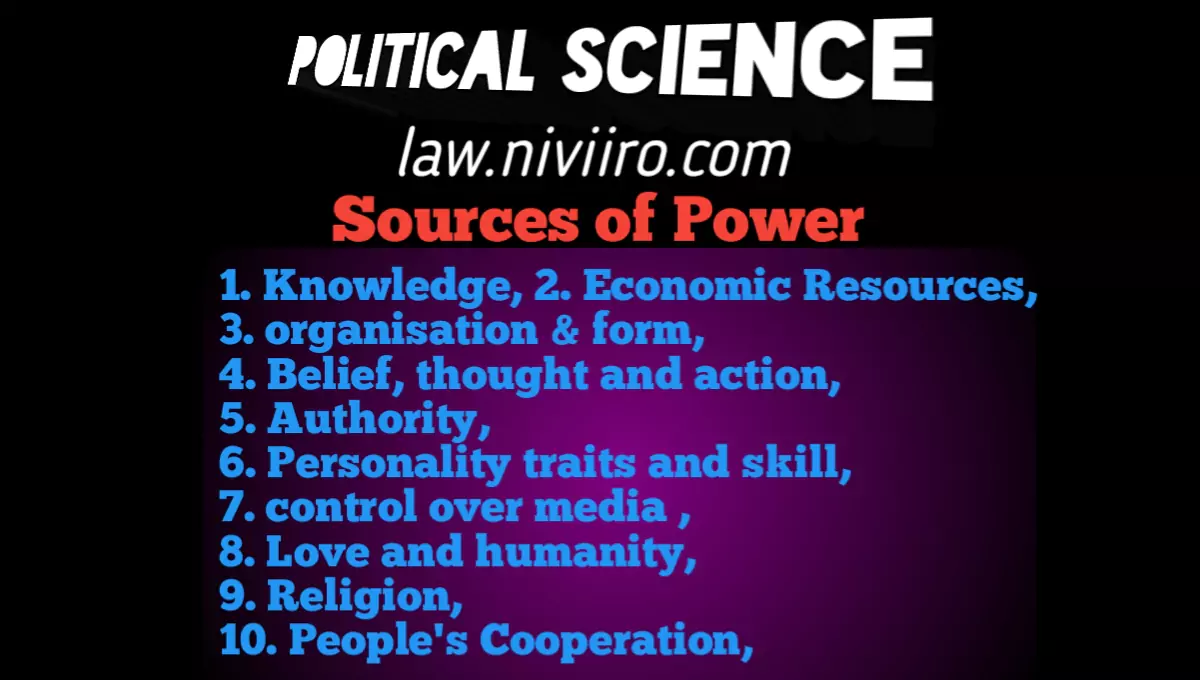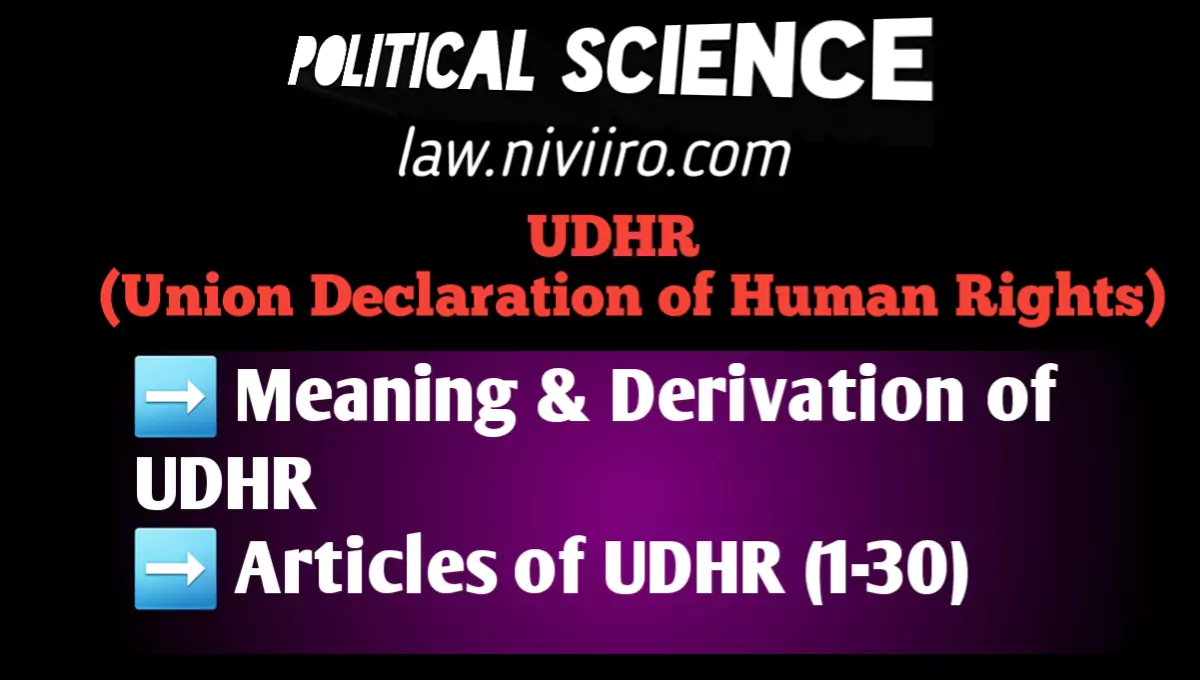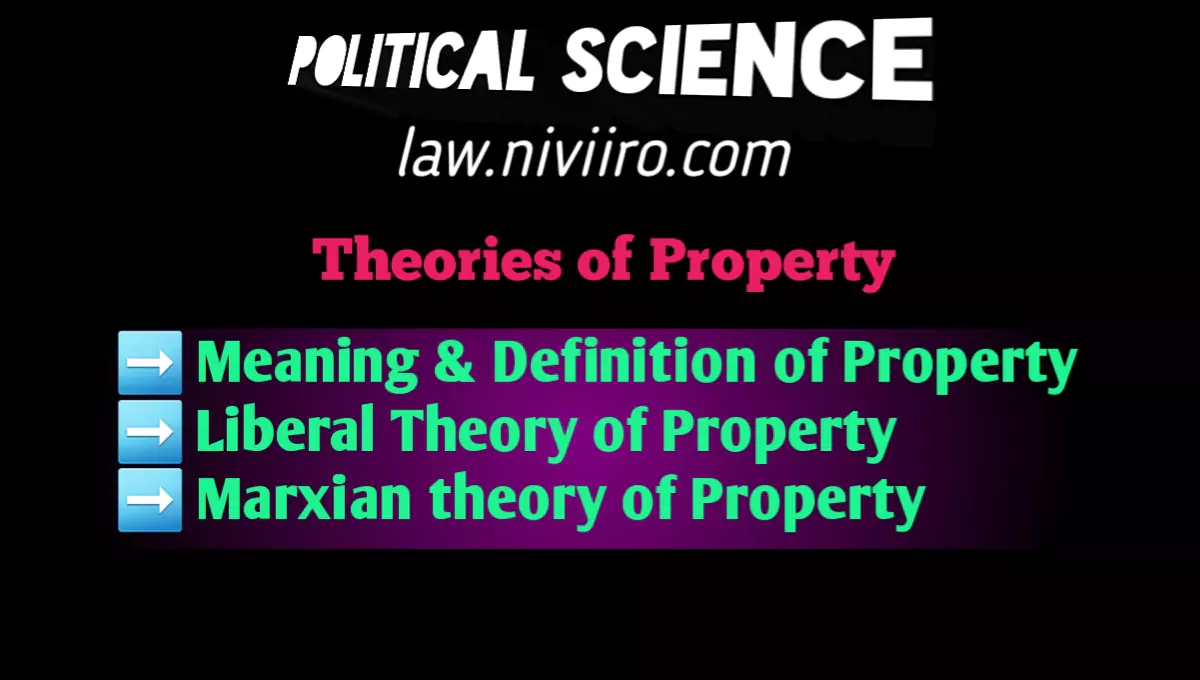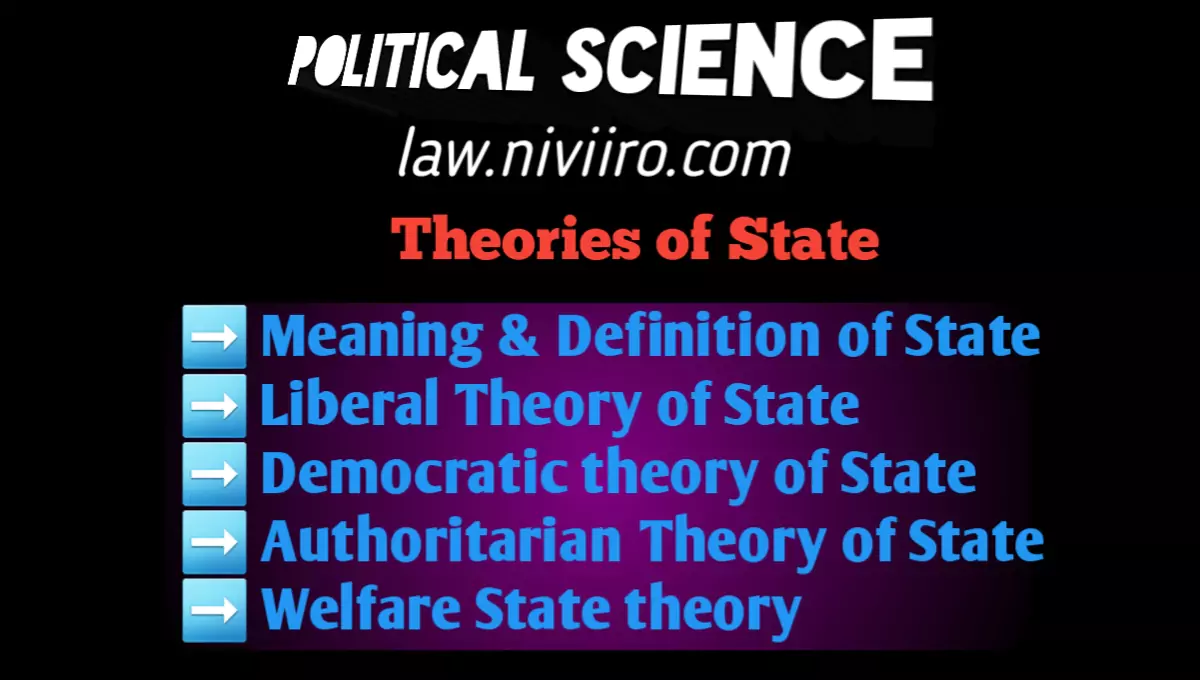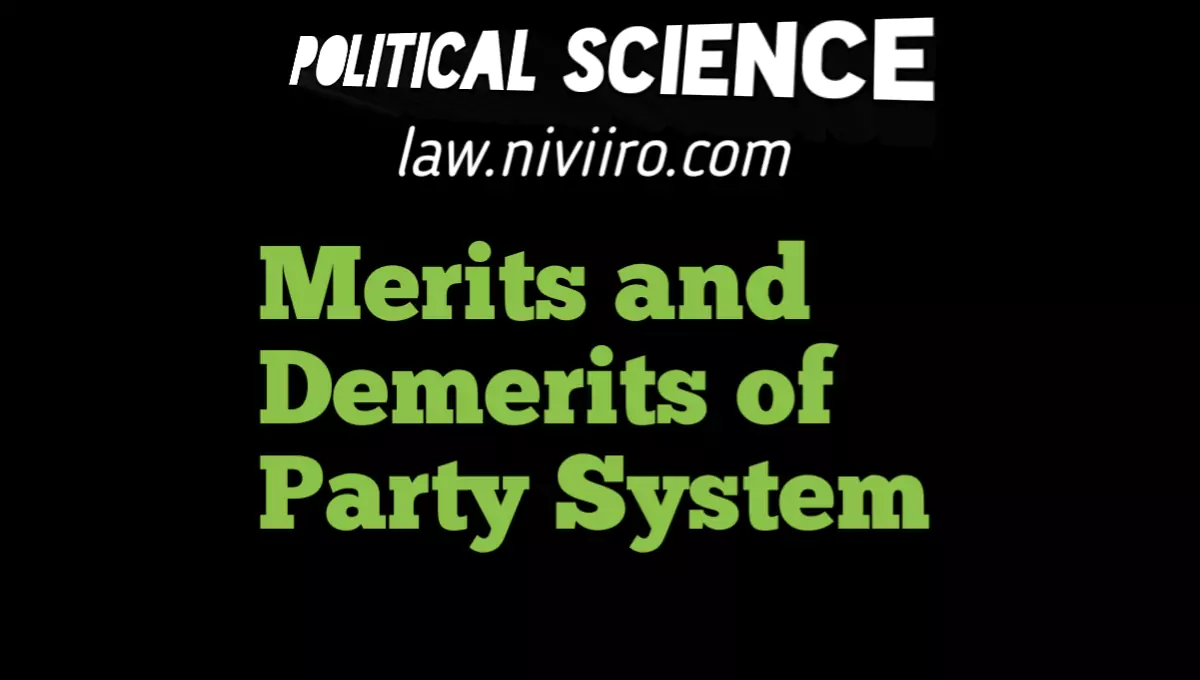Power is always based on some foundation, which is often referred to as the source of power. It is the variety of these grounds that enables the influencer or power-holder to change the people’s perception of the contingencies and therefore shape their behaviour in a way that sends the former’s wishes. There are numerous electricity sources.
Sources of Power
The following are some of the sources:
1. Knowledge
Knowledge is the major source of power. Knowledge provides the capacity for leadership since it assists us in studying, learning, thinking, and mind development. People with extensive knowledge are held in high regard in society. They hold important positions in various walks of life because they are the elite of society and have a firm grip over economic, social, and political fields. Even the powerful look to them for guidance and advice.
2. Economic resources
The source of power is economic resources. Those who are financially secure can gain the cooperation and affections of political parties by making large donations. The wealthy maintain strong lobbying at all levels of society’s power hierarchy in order to influence decision-makers’ behaviour and build pressure groups. Every year, they spend millions of rupees to control their different societies’ decision-making and decision-implementation apparatuses. Wealth is thus that one-of-a-kind asset that allows a person or people to seize any amount of power. According to Dahl, a person with more riches will get more influence than others.
3. Organization and Form
Power is derived from organisation. It is a great power in itself. When people collaborate, their power grows. Political parties are formed in order to seize and exercise power. Workers have tremendous power when they organise into trade unions, and management is obligated to listen to the views of trade union leaders. It is common knowledge that well-organized bodies and their members seize authority and leave others far behind in the race for power. The structure of an organisation can sometimes become a source of power. It is claimed that the larger the organisation, the more powerful it will be. However, this may not be the case in all circumstances.
A large organisation may become weak at times, whereas a tiny organisation may become more strong. As a result, both organisation and form are hasis of power. Cordial relationships between organisations and their sizes may make them more powerful, but they may also be detrimental to their weaknesses.
4. Belief, thought, and action
Belief, thought, and action are all sources of power. Every society has its own set of beliefs and ideas. Those individuals and institutions who represent and work for their implementation gain power. Mahatma Gandhi and the Congress Party rose to prominence by representing the ideals and ideas of Indian society and working tirelessly to realise them.
5. Authority
An key source of power is authority. It denotes lawful authority. When a person properly holds a political or legal position, his power grows automatically. Being a minister grows more powerful when one becomes a member of the government. It is authority that separates one individual from another. Any field can have authority.
6. Personality traits and skill
Power is heavily linked with a person’s personality. Some leadership qualities include intelligence, persuasiveness, honesty, and so forth. These assist a person in efficiently capturing his followers. Along with him, and without the use of coercion (physical or spiritual), one can force his will on them and others. A charismatic personality is defined by intelligence, courage, oratory, organisational abilities, and the ability to make quick and correct decisions. Leaders in India such as Mahatma Gandhi, P. Jawaharlal Nehru, Sardar Patel, Indira Gandhi, and many more had magnetic personalities and were more influential than others. Skill can also be used to gain power. A skillful individual can have greater powers than others.
7.Control over media
Control over mass media like newspapers, radio. television ete. is also a source of power. In today’s world, mass media may both elevate and degrade an individual or an institution. It is the media that aids in the shaping of public opinion, and its function becomes even more potent during election seasons.
8. Love and Humanity
A person who teaches the lesson of love and humanity has the potential to be more powerful than others. M.K. Gandhi, for example, organised the people of India and became Mahatma. 12. Position/Status-Another source of power is one’s position or status in society’s power system. When one arrives to occupy a given position, he or she acquires certain powers. One can affect the behaviour of others with their assistance. The extent and intensity of powers are determined by the nature of the office held; the higher
9. Religion
A person’s religious position is also a source of power because the adherents of that religion support him. The Pope in Christianity, the Unlamas in Islam, and the Dharma Guru in Hinduism have all been pillars of power in their respective communities, and their supporters make every sacrifice when the authority and power of their religious leaders is challenged by any external entity.
10. People’s cooperation
A person might become extremely powerful when others work with him. In some cases, one can use force to gain power, but this is only temporary because true power comes from the consensual participation of the people. A government can only continue in power for as long as the people are willing to collaborate with it.
Related Post | Sources of Power
What are the Sources of Power ?
1. Knowledge – Knowledge is the major source of power. Knowledge provides the capacity for leadership since it assists us in……..
2. Economic resources -The source of power is economic resources. Those who are financially secure can gain the cooperation and affections of political parties by making large donations. The wealth……….
3. Organization and Form – Power is derived from organisation. It is a great power in itself. When people collaborate, their power grows. Political parties are formed in order to seize and exercise power. Workers have tremendous power when they organise into trade unions, and manageme…..
4. Belief, thought, and action – Belief, thought, and action are all sources of power. Every society has its own set of beliefs and ideas. Those i……..
References | Sources of Power
- R.C. Agarwal, Political Theory
- J.C. Johari, Political Science
- Prof. H.C. Verma, Modern Political Theory
- Prof. S.L. Verma, Modern Political Theory
- V.D. Mahajan, Political Theory
- Foundations of Political Science, Dr. Sunita Gangwal
- M.P. Jain, Political Theory liberal and Marxiam













